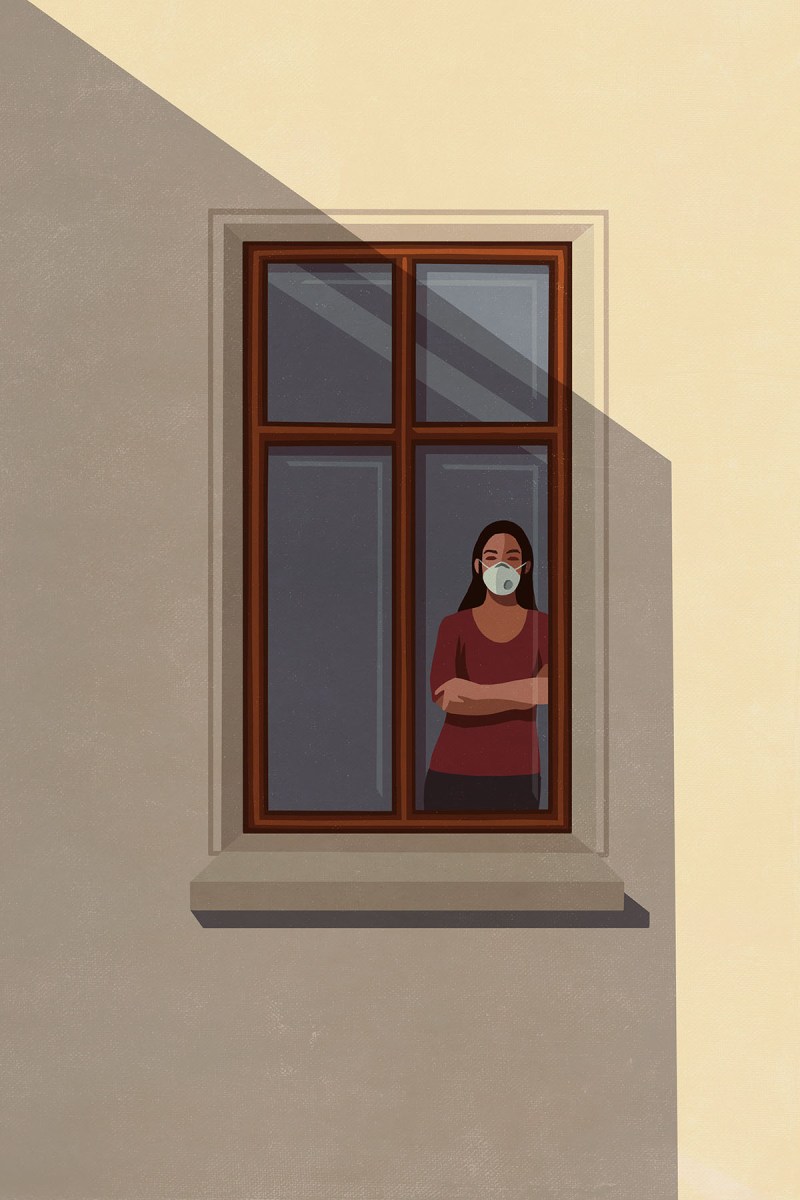Women aged 40 to 65 have been hit hard by the pandemic, with a quarter saying their financial situation has worsened, according to a new AARP report on mid-career women. While many Americans have faced layoffs, these women are less likely to bounce back from the financial and career setbacks than their younger peers, raising concerns about their longer-term financial well-being.
Jamie Roberts, 56, was laid off from Walt Disney World in April 2020, along with tens of thousands of other Disney employees. She had worked at one Disney property or another — the Magic Kingdom, Epcot, even a stint at Tokyo Disneyland — for more than 30 years. She also trained others through Disney Performing Arts.
“I taught thousands of high school kids from around the world. I would teach vocal and musical theater workshops,” Roberts said proudly. “It was my dream job. It’s all I ever wanted to do.”
Then, she said, she was let go in an impersonal email addressed “Dear cast member.” She had spent her entire adult life at Disney.
“I think of the Christmases I missed, the times I would drop everything and go in [to work] because someone called in,” she said, her voice trembling.
One in 5 mid-career women are worried about being laid off or having their hours reduced. The resulting financial precarity can have long-lasting impact: During the pandemic, 1 in 4 women in the study ended up taking on credit card debt to cover basic expenses like rent and food. One in 10 women in the study ended up dipping into retirement savings.
“This is more than a short-term problem. Being out of the workforce is going to have a devastating impact on their longer-term financial security,” said Nancy LeaMond, executive vice president of AARP.
Roberts said that as a performer, she did not have retirement benefits like a 401(k) from Disney, though she has a small pension as a member of the Actor’s Equity Union. She knows her situation could be worse; she thinks she will recover financially and sees it as a forced retirement. She has moved to the Florida Keys with her fiancé, away from Orlando.
After she was laid off, she joined a Facebook group for people laid off by Disney. “Everybody was finding something to do, like making masks, detailing cars, whatever they could,” she told The 19th. Roberts decided to make and sell hot chocolate bombs. “I’m grateful. I enjoy doing it, but nothing will fill the void. I wish I’d even just gotten a phone call,” Roberts said, her voice choked with emotion.
Disney has begun hiring people back, but Roberts has not been among them. “I know my days were probably numbered there anyway, but I would have liked to have left on my terms,” she said. Normally, performers would have a last performance before retirement, and an opportunity to say goodbye.
Two thirds of mid-career women who lost their jobs during the pandemic have been out of work for six months or more, a period AARP’s research defines as “long-term unemployed.”
According to AARP’s research on mid-career women, a third cite age discrimination as the greatest impediment in finding a job. Mid-career women of color reported experiencing age discrimination at higher rates than their White peers.
The study found that the impact of the pandemic and related job losses fell harder on mid-career Black and Latina women than on White women. Women who already had caregiving responsibilities found those increased, as well as the related financial impact. The burden was especially heavy for Latinas. Over half of mid-career Latinas cared for a child, grandchild or disabled adult family member during the pandemic, more than their Black and White peers.
The increased cost of caregiving and impact on the ability to find and keep employment can have long-term reverberations.
“COVID has had a huge impact on the physical health of women, but less looked at is the impact it’s had on the economic health of women,” LeaMond of AARP said. “It’s going to be long-lasting.”
Disclosure: AARP has been a corporate sponsor of The 19th.






